
Agartala: The Gateway to Tripura's Rich Heritage
Agartala, the capital city of Tripura, offers a unique blend of history, culture, and natural beauty. Nestled in the northeastern part of India, this city has a charm that draws tourists looking for an offbeat destination. From ancient temples to royal palaces, Agartala is a treasure trove of architectural marvels and cultural landmarks. One of the must-visit places in Agartala is the Ujjayanta Palace, a former royal residence that now serves as a state museum. The palace's stunning architecture and well-maintained gardens offer a glimpse into the region's royal past. Another notable site is the Neermahal Palace, located on the Rudrasagar Lake, which is a beautiful blend of Hindu and Mughal architectural styles. For nature lovers, Agartala has plenty to offer. The Sepahijala Wildlife Sanctuary is home to a variety of flora and fauna, including the Clouded Leopard. The sanctuary also has a botanical garden and a lake, making it a perfect spot for a day trip. Additionally, the Jampui Hills, located a short drive from the city, offer breathtaking views and a pleasant climate, ideal for trekking and picnics. Cultural enthusiasts will appreciate the diverse traditions and festivals celebrated in Agartala. The city comes alive during Durga Puja and the Tripura Tribal Festivals, offering a vibrant display of local customs and practices. The local markets, such as Gol Bazaar, are perfect for picking up handicrafts and traditional attire, giving visitors a taste of Tripura's rich cultural heritage.
Local tips in Agartala
- Visit Ujjayanta Palace early in the morning to avoid crowds and enjoy the peaceful gardens.
- Plan a day trip to Neermahal Palace; the boat ride to the palace is an experience in itself.
- Carry insect repellent when visiting the Sepahijala Wildlife Sanctuary.
- Try local Tripuri cuisine at traditional eateries for an authentic culinary experience.
- Hire a local guide for a more insightful tour of the city's historical and cultural landmarks.
Agartala: The Gateway to Tripura's Rich Heritage
Agartala, the capital city of Tripura, offers a unique blend of history, culture, and natural beauty. Nestled in the northeastern part of India, this city has a charm that draws tourists looking for an offbeat destination. From ancient temples to royal palaces, Agartala is a treasure trove of architectural marvels and cultural landmarks. One of the must-visit places in Agartala is the Ujjayanta Palace, a former royal residence that now serves as a state museum. The palace's stunning architecture and well-maintained gardens offer a glimpse into the region's royal past. Another notable site is the Neermahal Palace, located on the Rudrasagar Lake, which is a beautiful blend of Hindu and Mughal architectural styles. For nature lovers, Agartala has plenty to offer. The Sepahijala Wildlife Sanctuary is home to a variety of flora and fauna, including the Clouded Leopard. The sanctuary also has a botanical garden and a lake, making it a perfect spot for a day trip. Additionally, the Jampui Hills, located a short drive from the city, offer breathtaking views and a pleasant climate, ideal for trekking and picnics. Cultural enthusiasts will appreciate the diverse traditions and festivals celebrated in Agartala. The city comes alive during Durga Puja and the Tripura Tribal Festivals, offering a vibrant display of local customs and practices. The local markets, such as Gol Bazaar, are perfect for picking up handicrafts and traditional attire, giving visitors a taste of Tripura's rich cultural heritage.
When is the best time to go to Agartala?
Iconic landmarks you can’t miss
ML Plaza
Experience shopping, entertainment, and dining at Agartala's vibrant social hub, ML Plaza, located in the heart of the city.
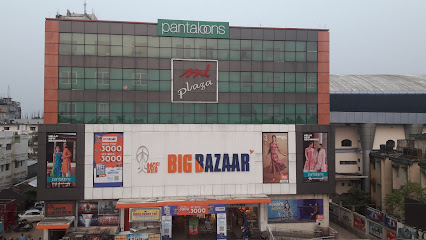
Maharaja Bir Bikram Airport, Agartala
Experience seamless travel at Agartala's Maharaja Bir Bikram Airport, connecting you to India and beyond.
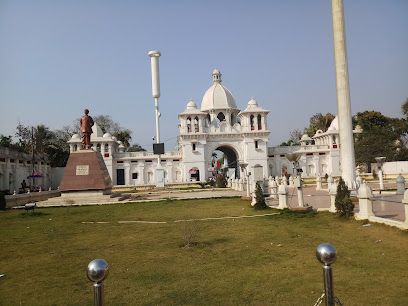
Agartala City Centre
Experience modern shopping and entertainment in the heart of Agartala, Tripura's vibrant capital city.
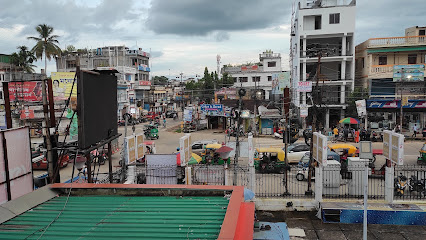
Heritage Park
Explore Tripura's heritage in miniature at Agartala's Heritage Park: a blend of culture, nature, and history in a serene setting.
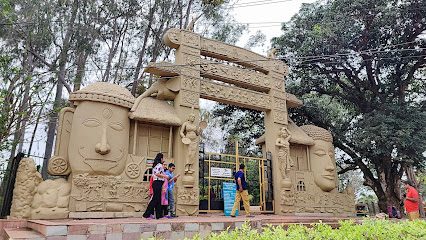
Neermahal
Experience the regal charm of Neermahal, Tripura's stunning water palace, blending Hindu and Mughal architecture on the serene Rudrasagar Lake.
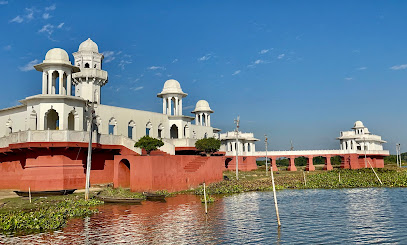
Ujjayanta Palace
Explore Tripura's royal heritage at Ujjayanta Palace, a majestic museum showcasing art, culture, and history in the heart of Agartala.
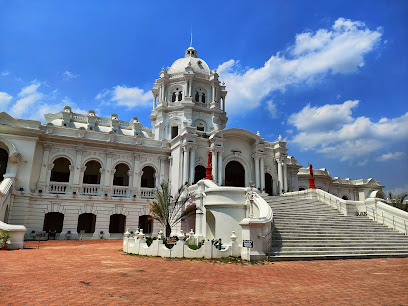
Metro Baazar
Experience Agartala's vibrant shopping scene at Metro Baazar: a blend of local culture and modern retail in the heart of the city.
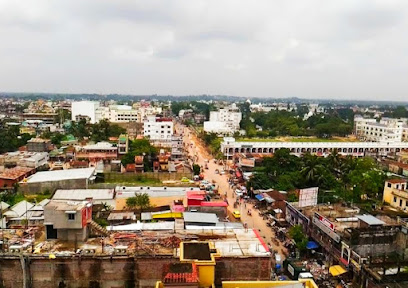
Radhanagar Motor Stand
Experience the heart of Agartala's local transport at Radhanagar Motor Stand, connecting you to the city and beyond.
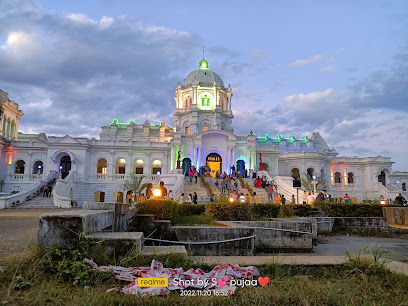
Ginger Agartala
Experience comfort and convenience at Ginger Agartala, your gateway to exploring the cultural heart of Tripura, with easy access to the airport and city.
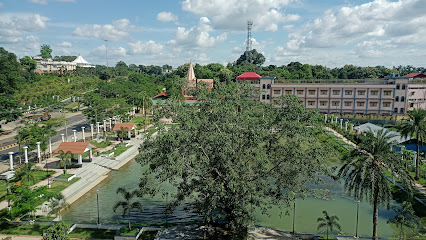
Math Chowmuhani Bazar
Experience the vibrant culture of Tripura at Agartala's Math Chowmuhani Bazar: a sensory delight of local flavors, crafts, and community.
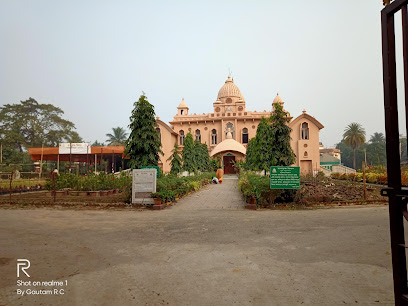
KHUMULWNG PARK
Discover Khumulwng Park: A blend of nature and culture near Agartala, offering gardens, boating, and tribal heritage experiences.
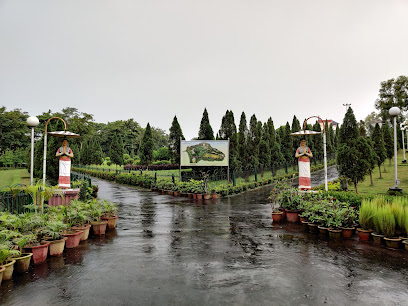
Jagannath Bari
Explore Jagannath Bari in Agartala: A blend of Hindu-Islamic architecture, spiritual serenity, and vibrant cultural festivals in the heart of Tripura.
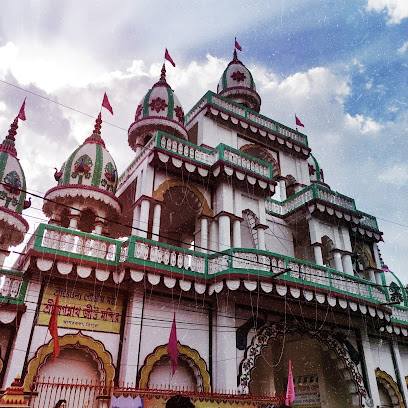
Maharajganj Bazar
Experience the vibrant culture of Tripura at Agartala's oldest and largest market, offering textiles, handicrafts, and local flavors.
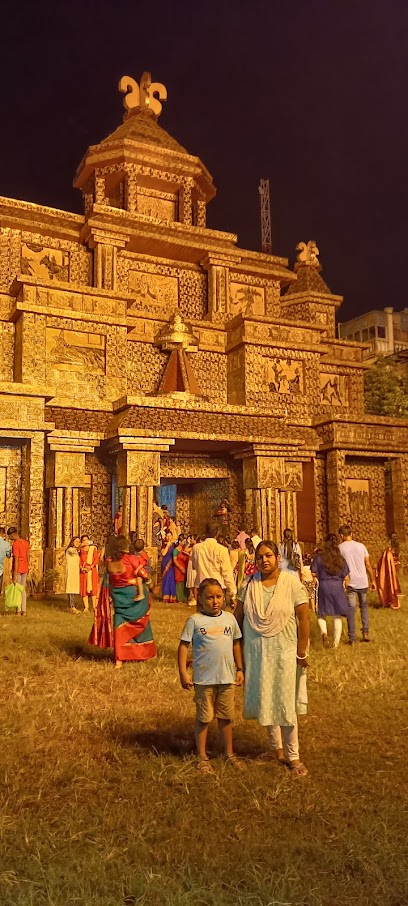
Astabal Ground
Discover the charm of Astabal Ground in Agartala – a vibrant playground offering recreational fun, cultural activities, and a community spirit.
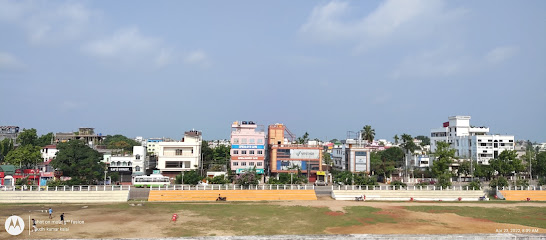
Kasba Kali Bari
A serene hilltop temple dedicated to Goddess Kali, near the Bangladesh border, offering spiritual solace and scenic beauty.
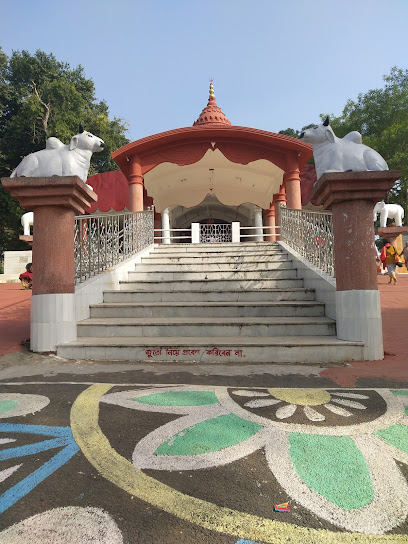
Unmissable attractions to see
Heritage Park
Discover the tranquility of Heritage Park in Agartala, where nature meets culture in a lush green sanctuary filled with miniature wonders.
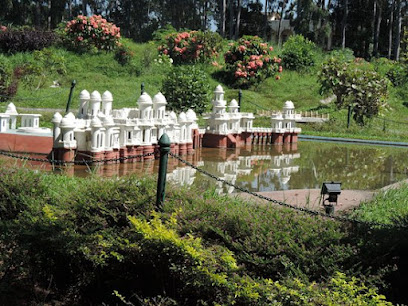
Ujjayanta Palace
Explore the Ujjayanta Palace in Agartala, a stunning museum revealing the royal heritage and cultural richness of Tripura.
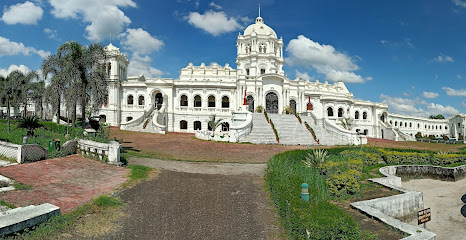
Dimsagar Lake Park
Discover tranquility at Dimsagar Lake Park, a stunning natural oasis in Agartala, Tripura, perfect for relaxation and scenic beauty.
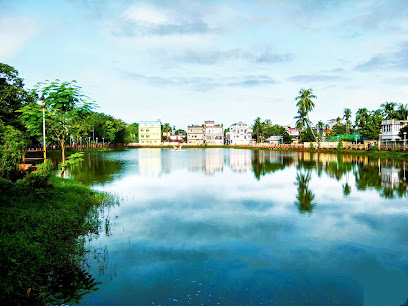
Jagannath Bari
Explore the spiritual and architectural beauty of Jagannath Bari, a stunning Hindu temple in Agartala, Tripura, offering a serene retreat and cultural insights.
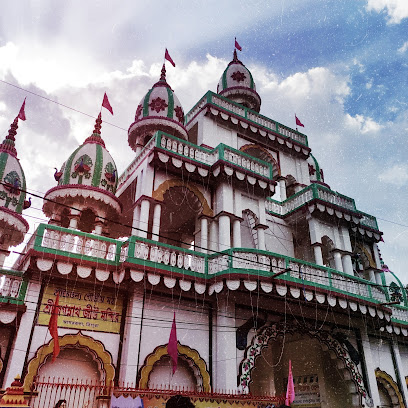
Rabindra Kanan
Explore the calming beauty of Rabindra Kanan, a serene park in Agartala, perfect for relaxation and cultural experiences amid nature.
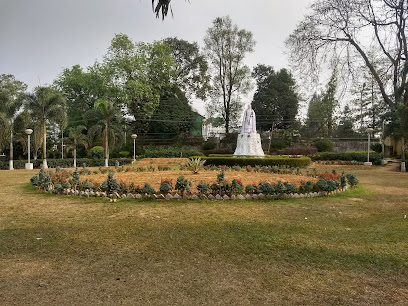
ISKCON Agartala
Discover spiritual peace and vibrant culture at ISKCON Agartala, a serene Hindu temple in the heart of Tripura's capital.
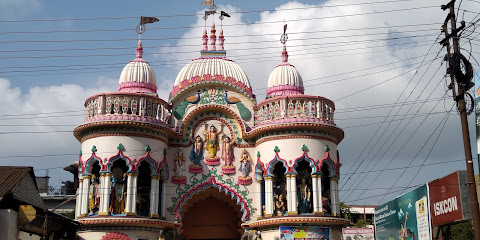
Fourteen Gods' and Goddesses' Temple
Experience the spiritual and architectural beauty of the Fourteen Gods' and Goddesses' Temple in Agartala, a must-visit landmark in Tripura.
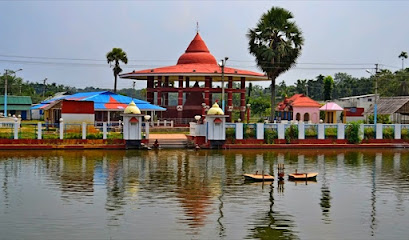
Tripura State Museum
Explore the captivating heritage of Tripura at the Tripura State Museum in Agartala, where history and culture come alive through fascinating exhibits.
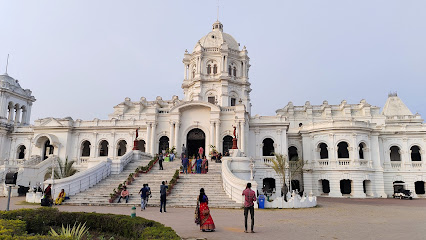
State's Highest National Flag
Visit Agartala's State's Highest National Flag, a symbol of pride and beauty, surrounded by lush parks and rich cultural heritage.
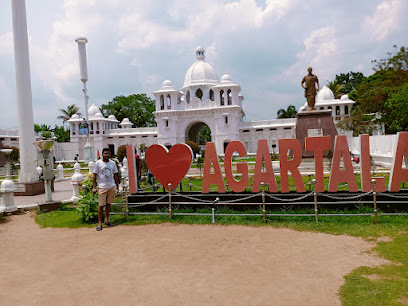
Oxygen Park
Explore the natural beauty and recreational charm of Oxygen Park in Agartala, a perfect destination for relaxation and family fun.
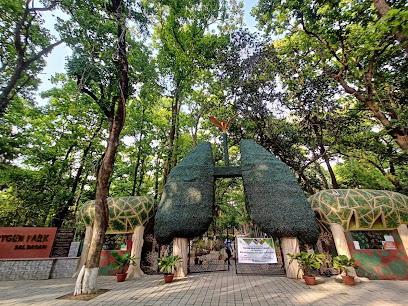
Children's Park
Explore the joy of childhood at Children's Park in Agartala, a perfect retreat for families with play areas and beautiful green spaces.
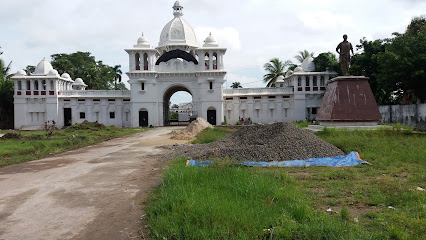
Lichubagan
Explore Lichubagan, a lush tourist attraction in Agartala, Tripura, perfect for family outings and nature lovers seeking relaxation.
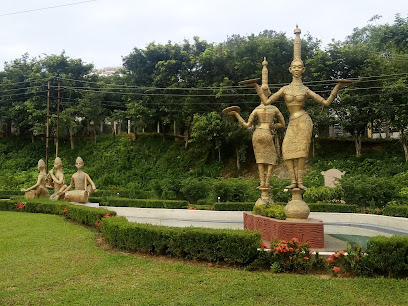
Itakhola Mura
Explore the ancient wonders of Itakhola Mura in Kotbari, Bangladesh, where history and culture intertwine in captivating ruins.
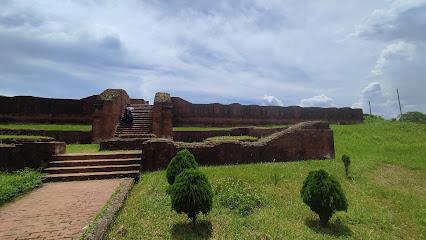
Pragati Park
Discover the tranquil beauty of Pragati Park in Agartala, a perfect escape for nature lovers and families alike.
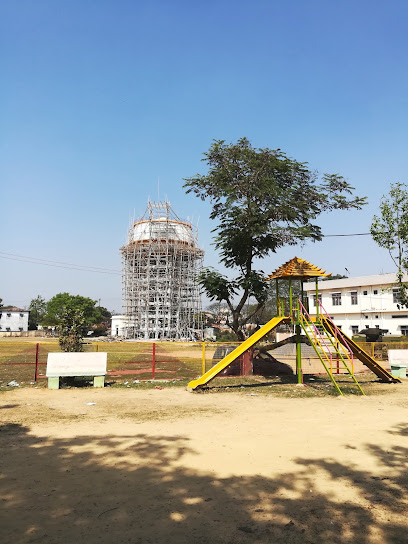
Palace of Queen Maynamati
Discover the wonders of the Palace of Queen Maynamati, a historic Buddhist archaeological site rich in culture and tranquility.
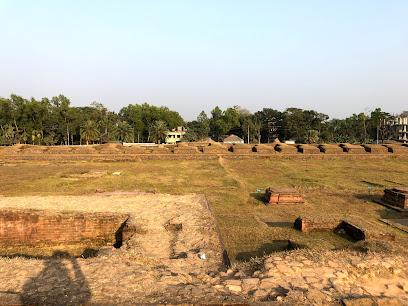
Essential places to dine
Chatpata
Experience the vibrant flavors of Tripura at Chatpata – where every dish tells a story.
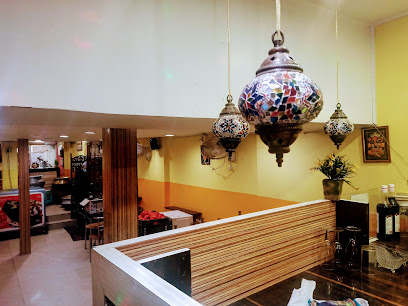
1&Only Restaurant & Cafe
Experience authentic Indian flavors fused with contemporary cafe culture at 1&Only Restaurant & Cafe in Gandhigram.
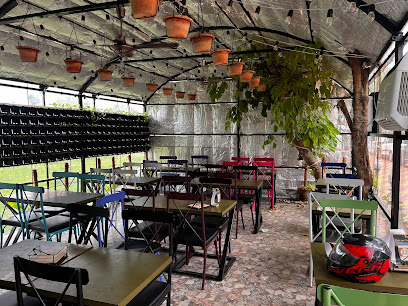
MOMOS N MORE
Experience authentic Chinese cuisine at MOMOS N MORE in Agartala—your go-to spot for delicious momos and fast food delights.
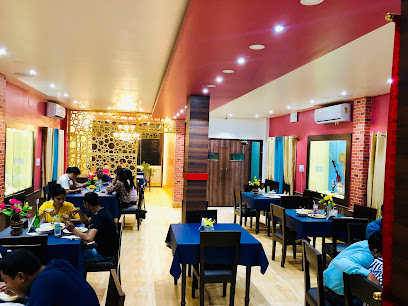
The Fat Chicken
Experience the best of fast food at The Fat Chicken in Agartala - where flavor meets fun in a cozy atmosphere.
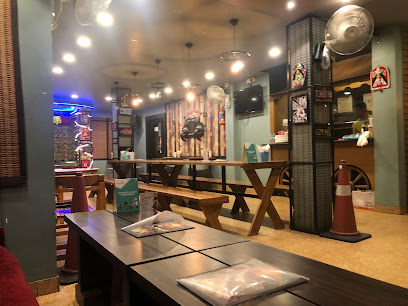
Khunti kadai
Experience authentic Bengali and North Indian cuisine at Khunti Kadai in Agartala - where every dish tells a story.
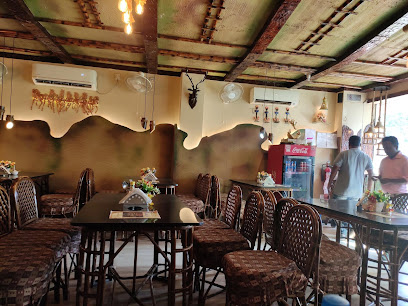
Abhishek Prime Hotel and Restaurant
Experience authentic Indian and Chinese cuisine at Abhishek Prime Hotel and Restaurant in Agartala - where every meal tells a story.
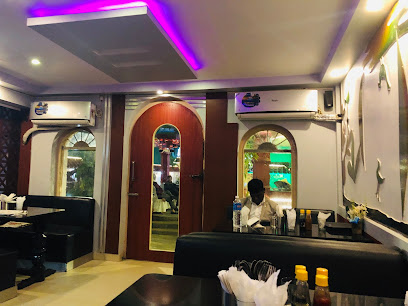
The Social Klub
Discover the vibrant flavors of Tripura at The Social Klub - an exquisite dining experience in Agartala with diverse menu options.
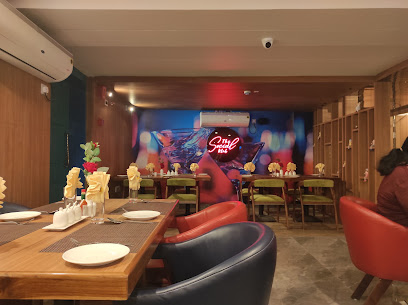
The Serial Griller
Discover delectable grilled specialties and savory steaks at The Serial Griller in Agartala - where flavor meets artistry.
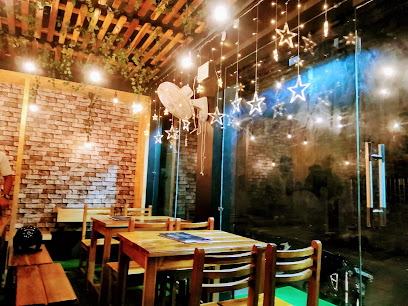
Eatopia Zannat Restaurant And Banquet- Best Restaurant in Agartala Tripura
Discover the best family-friendly dining experience at Eatopia Zannat Restaurant in Agartala, offering diverse cuisine and warm hospitality.
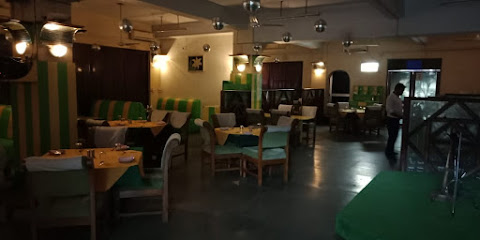
The Fern
Experience exceptional dining at The Fern in Agartala, where local flavors meet global cuisine in an inviting atmosphere.
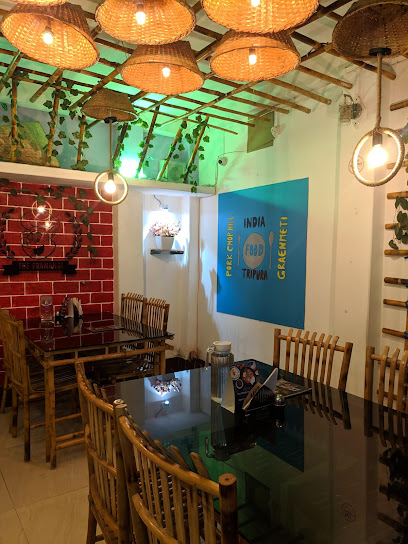
Hungrilla
Experience the vibrant flavors of Agartala at Hungrilla – where fast food meets local culinary delights in a welcoming atmosphere.
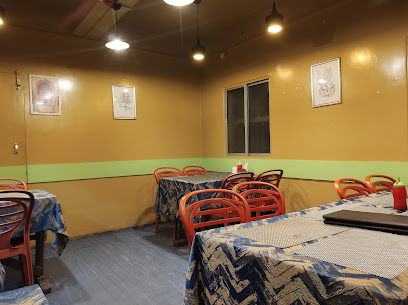
Restaurant Kurry Klub
Experience the best of Indian and Chinese cuisine at Restaurant Kurry Klub in Agartala—where every dish tells a story.
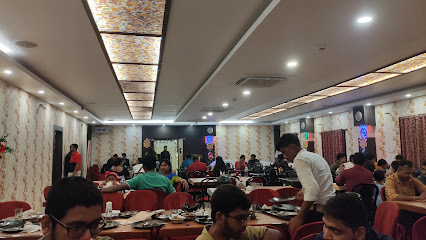
Heritage Restaurant
Discover authentic Tripuri flavors at Heritage Restaurant in Agartala – your perfect breakfast destination.
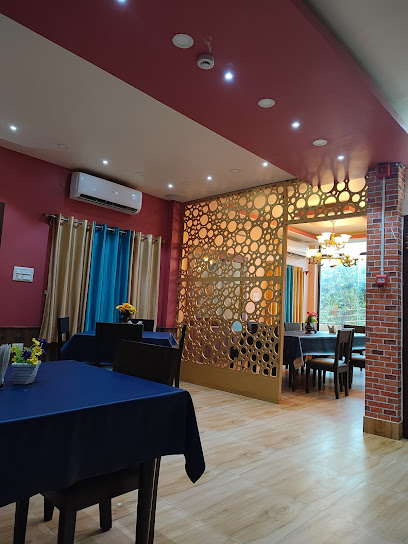
HML Roof Top Restaurant
Discover exquisite local flavors and stunning views at HML Roof Top Restaurant in Agartala.
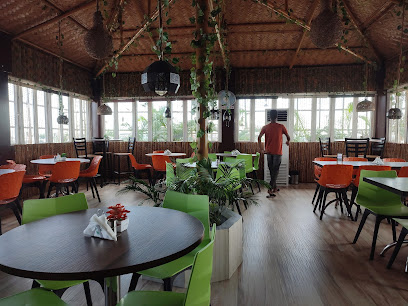
Grill Nation
Discover the vibrant flavors of Tripura at Grill Nation - an all-you-can-eat buffet paradise in Agartala.
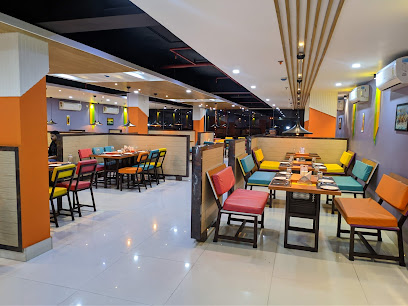
Markets, malls and hidden boutiques
ML Plaza
Discover shopping and entertainment at ML Plaza, Agartala's premier shopping mall and movie theater, where local culture meets modern convenience.
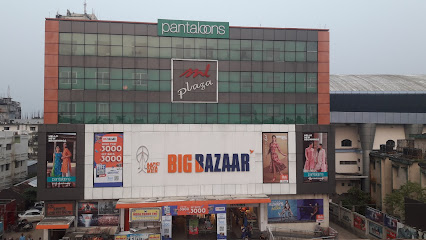
Reliance SMART Bazaar
Discover a world of flavors at Reliance SMART Bazaar, Agartala's top hypermarket for groceries, FMCG goods, and more.
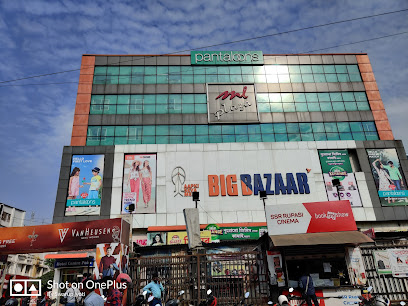
Metro Baazar
Discover the vibrant shopping experience at Metro Baazar in Agartala, where local culture meets modern retail.
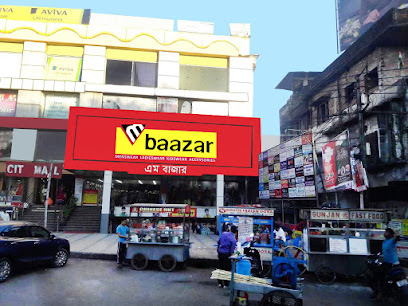
MINISO Agartala
Explore the vibrant world of beauty at MINISO Agartala, where quality meets affordability in a delightful shopping experience.
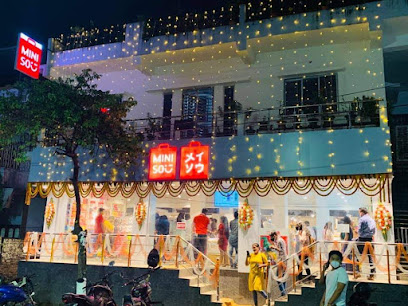
Asha The Departmental Store
Explore Asha The Departmental Store in Agartala for an extensive range of groceries and local products, perfect for every shopper's needs.
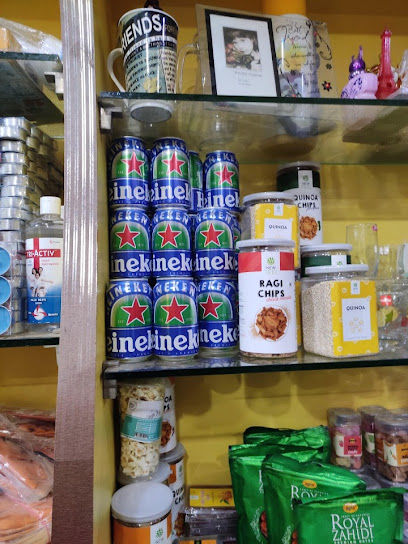
Taneira Sarees (Dhaleswar, Agartala)
Discover the exquisite world of Taneira Sarees in Dhaleswar, Agartala, where tradition meets contemporary style in women's fashion.
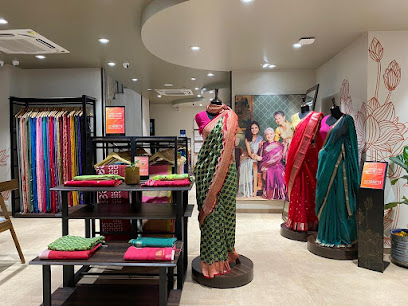
BAG BAZAR
Discover the vibrant culture of Tripura through unique bags and accessories at Bag Bazar in Agartala.
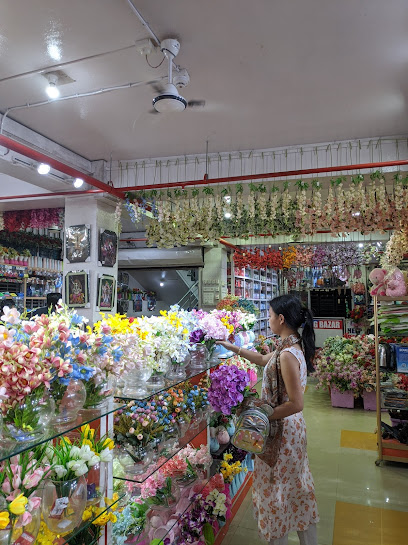
Fastrack store
Shop in style at Fastrack Store in Agartala, your go-to destination for fashionable watches, bags, perfumes, and sunglasses.
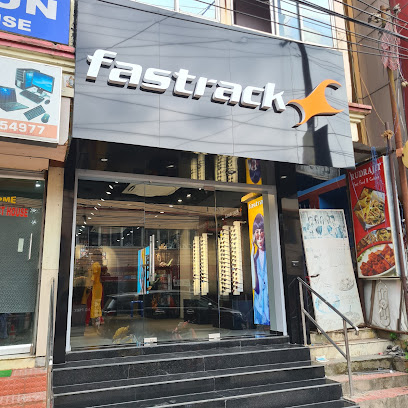
V-Mart
Discover a vibrant shopping experience at V-Mart in Agartala, where fashion meets convenience with a wide range of clothing and essentials.
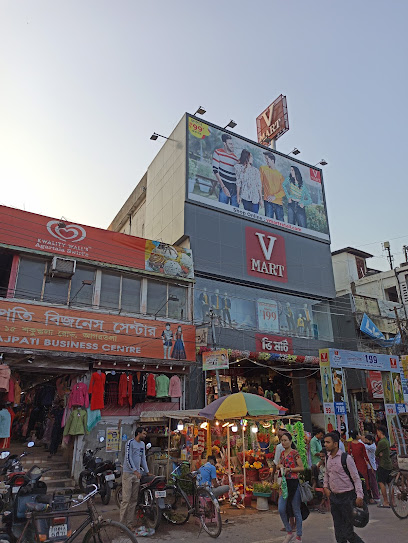
Mithu Emporium
Discover exquisite women's fashion and cosmetics at Mithu Emporium in Agartala, Tripura - a premier destination for style enthusiasts.
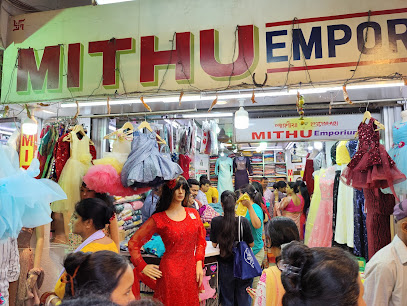
Pantaloons (Mantri Bari Road, Agartala)
Explore the latest fashion trends at Pantaloons in Agartala, where style meets affordability for the entire family.
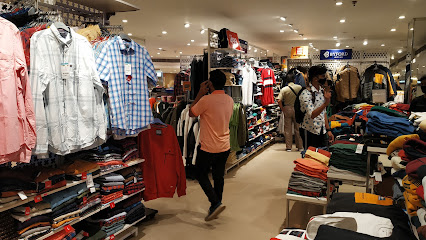
The Daily Mart
Discover a treasure trove of Indian groceries and everyday essentials at The Daily Mart, the ultimate shopping destination in Agartala.
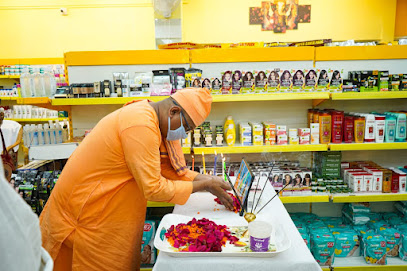
W-mart
Discover the vibrant shopping experience at W-mart in Agartala, where fashion, food, and fun await every visitor.
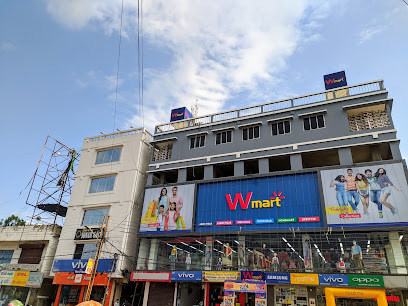
M Baazar Agartala
Discover vibrant fashion and lifestyle products at M Baazar in Agartala, where traditional meets contemporary in a lively shopping experience.
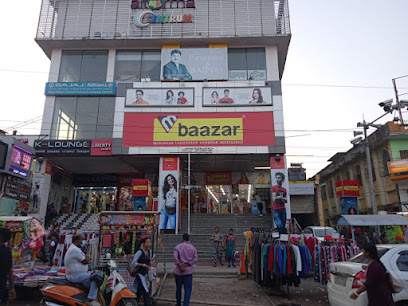
Pepperfry Furniture Shop/Store in Durga bari Road, Agartala
Discover an exquisite range of furniture and home decor at Pepperfry Furniture Store in Agartala – where style meets comfort.
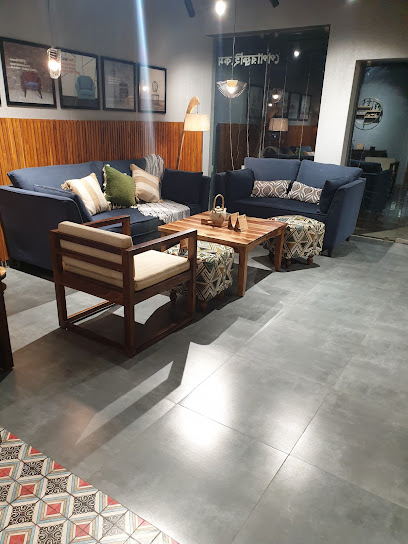
Essential bars & hidden hideouts
Chandimata Club
Experience the vibrant nightlife at Chandimata Club in Agartala, where music, dance, and great drinks create unforgettable moments.
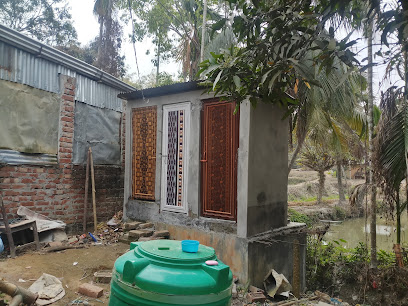
Tipsy Fizzy The Rooftop Lounge
Experience the vibrant nightlife of Agartala at Tipsy Fizzy The Rooftop Lounge, where stunning views meet delicious drinks and delightful ambiance.
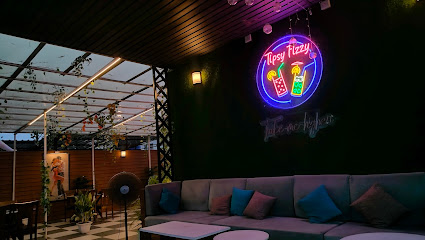
Sip & Savour
Experience the vibrant nightlife of Agartala at Sip & Savour, where local flavors meet a lively atmosphere in the heart of Tripura.
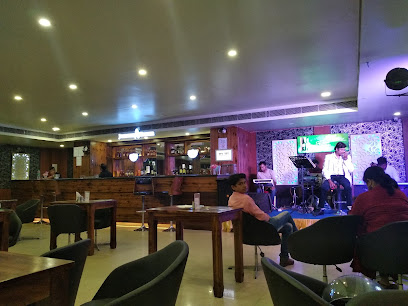
Lucky Ghosh FL shop
Experience the vibrant atmosphere of Lucky Ghosh FL Shop, Agartala's cozy bar offering delightful drinks and local culture.
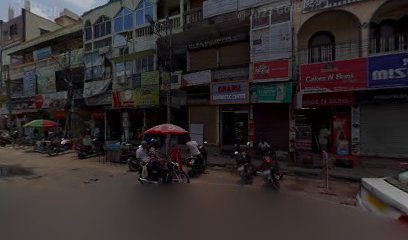
Lalmaitta FL Shop
Experience the vibrant nightlife of Agartala at Lalmaitta FL Shop, where local flavors meet a cozy atmosphere in a delightful bar setting.
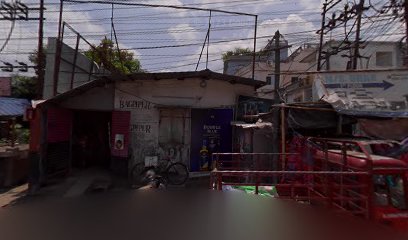
Gurkhabasti FL shop
Experience the vibrant nightlife of Agartala at Gurkhabasti FL Shop, a local bar offering refreshing drinks and a friendly atmosphere.
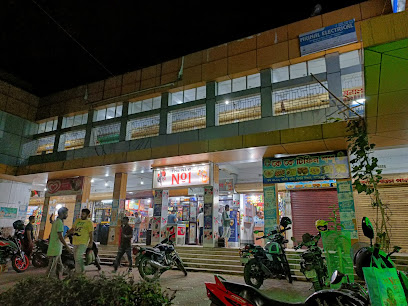
VAMPIRE HOUSE (PS)
Experience the unique charm of Vampire House, Agartala's intriguing sports bar blending gothic decor with a lively atmosphere.
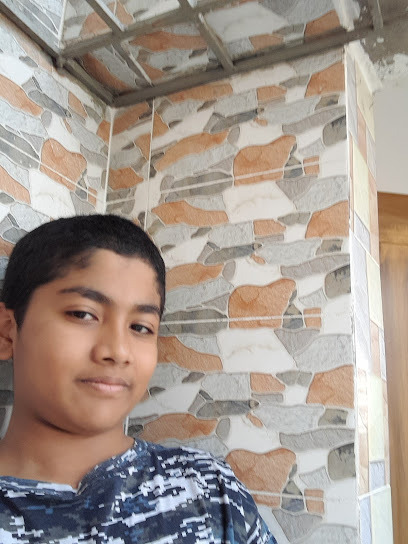
Fresh Bliss
Experience the vibrant nightlife of Agartala at Fresh Bliss, where delightful drinks and a welcoming atmosphere await every visitor.
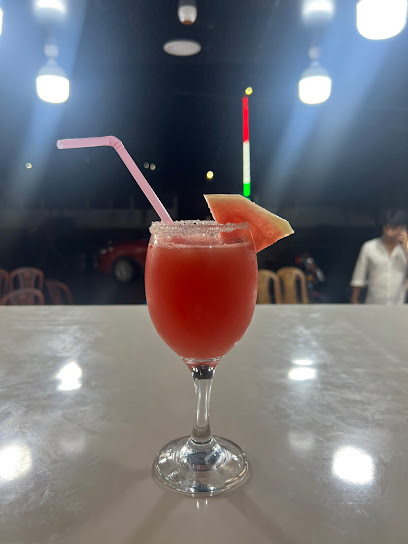
Bajaj Spirit Agartala Airport FL Shop
Discover Bajaj Spirit Agartala Airport FL Shop, a cozy bar offering a diverse selection of drinks, perfect for travelers looking to unwind.
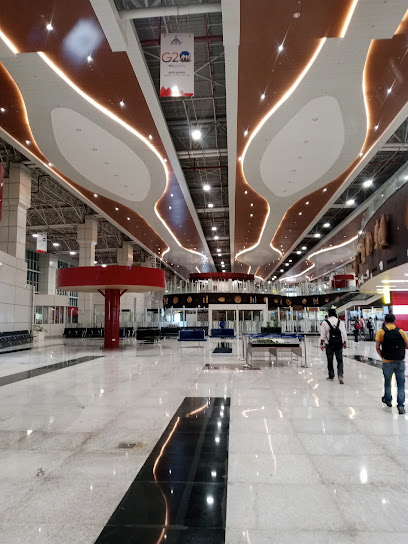
South Chandrapur
Experience the vibrant nightlife and local flavors at South Chandrapur, Agartala's favorite bar for social gatherings and refreshing drinks.
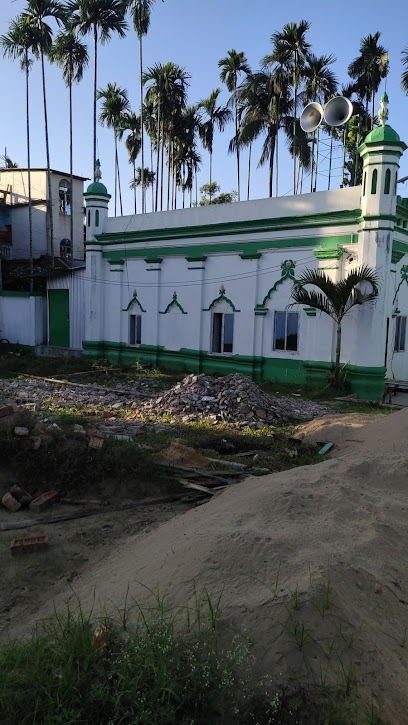
FL shop
Experience the vibrant local nightlife at this charming bar in Agartala, where great drinks and good company await you.
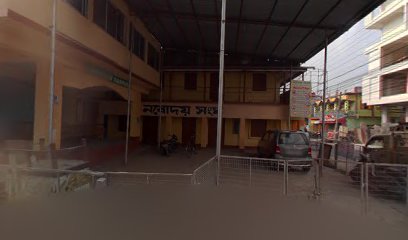
Surya Chowmuni F.L Shop
Surya Chowmuni F.L Shop: Your gateway to enjoying the local nightlife and flavors in the heart of Agartala, Tripura.
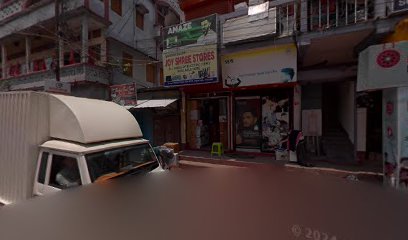
Jaya's husband home
Experience the vibrant nightlife of Agartala at Jaya's Husband Home, a cozy bar offering local drinks and a welcoming atmosphere.
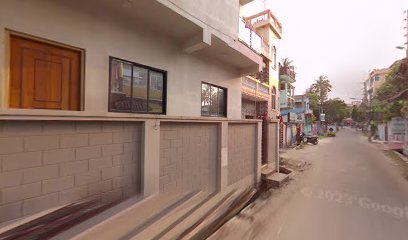
Palash Gents Purler
Discover the vibrant nightlife of Agartala at Palash Gents Purler, a local bar known for its lively atmosphere and diverse drink selection.
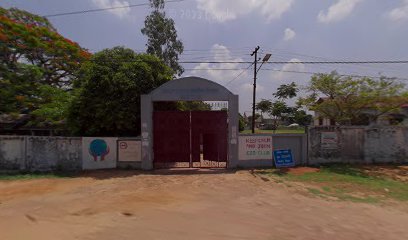
Local Phrases
-
- Helloনমস্কার
[Nomoshkar] - Goodbyeবিদায়
[Biday] - Yesহাঁ
[Haan] - Noনা
[Na] - Please/You're welcomeঅনুগ্রহ করে
[Onugroh kore] - Thank youধন্যবাদ
[Dhonyobad] - Excuse me/Sorryদু: খিত
[Dukkhit] - How are you?তোমরা কেমন আছো?
[Tomra kemon achho?] - Fine. And you?ভালো। আর তুমি?
[Bhalo. Ar tumi?] - Do you speak English?তুমি ইংরেজি কথা বলতে পারো?
[Tumi English kotha bolte paro?] - I don't understandআমি বুঝতে পারি না
[Ami bujhte pari na]
- Helloনমস্কার
-
- I'd like to see the menu, pleaseদয়া করে মেনু দেখাবেন
[Doya kore menu dekhaben] - I don't eat meatআমি মাংস খাই না
[Ami mangsho khai na] - Cheers!চিৎকার
[Chitkar] - I would like to pay, pleaseআমি দাম দিতে চাই
[Ami dam dite chai]
- I'd like to see the menu, pleaseদয়া করে মেনু দেখাবেন
-
- Help!বাঁচাও!
[Bachao!] - Go away!চলে যাও!
[Chole jao!] - Call the Police!পুলিশ কল করুন!
[Police kol korun!] - Call a doctor!ডাক্তার কল করুন!
[Doctor kol korun!] - I'm lostআমি হারিয়ে গেছি
[Ami hariye gesi] - I'm illআমি অসুস্থ
[Ami osustho]
- Help!বাঁচাও!
-
- I'd like to buy...আমি ... কিনতে চাই
[Ami ... kinte chai] - I'm just lookingআমি মাত্র দেখছি
[Ami matro dekhchi] - How much is it?এটার দাম কত?
[Etar dam koto?] - That's too expensiveএটা খুব মহঁগ
[Eta khub mohong] - Can you lower the price?দাম কমাতে পারবেন?
[Dam kamate parben?]
- I'd like to buy...আমি ... কিনতে চাই
-
- What time is it?এখানে কতটা বাজছে?
[Ekhane kotta bajchhe?] - It's one o'clockএখন একটা বাজছে
[Ekhon ekta bajchhe] - Half past (10)(দশে) পাঁচের অর্ধেক
[(Dasher) pacher ordhek] - Morningসকাল
[Shokal] - Afternoonদুপুর
[Dupur] - Eveningসন্ধ্যা
[Shondhya] - Yesterdayগতকাল
[Gatkal] - Todayআজ
[Aj] - Tomorrowকাল
[Kal] - 1এক
[Ek] - 2দুই
[Dui] - 3তিন
[Tin] - 4চার
[Char] - 5পাঁচ
[Pach] - 6ছয়
[Chhoy] - 7সাত
[Sat] - 8আট
[At] - 9নয়
[Noy] - 10দশ
[Dosh]
- What time is it?এখানে কতটা বাজছে?
-
- Where's a/the...?... কোথায়?
[... kothay?] - What's the address?ঠিকানা কি?
[Thikana ki?] - Can you show me (on the map)?আমাকে (ম্যাপে) দেখাতে পারবেন?
[Amake (map-e) dekhate parben?] - When's the next (bus)?পরের (বাস) কখন?
[Porer (bus) kokhon?] - A ticket (to ....)একটা টিকেট (.... এ)
[Ekta ticket (.... e)]
- Where's a/the...?... কোথায়?
History of Agartala
-
The history of Agartala, the capital city of Tripura, stretches back to ancient times. The city was founded by Maharaja Krishna Kishore Manikya in the 19th century. Agartala was initially located near the banks of the Haora River, and its strategic location contributed to its growth and development. The city’s name is derived from the Agar trees that were once abundant in the region.
-
Agartala has been the seat of the Manikya dynasty for centuries. The Manikya kings, who ruled Tripura, were known for their patronage of art, culture, and architecture. The Ujjayanta Palace, a magnificent royal residence built by Maharaja Radha Kishore Manikya in 1901, is a testament to the city’s royal heritage. The palace, with its neoclassical architecture and sprawling gardens, is now a museum showcasing Tripura’s rich cultural history.
-
Following India’s independence in 1947, Tripura acceded to the Indian Union on October 15, 1949. Agartala, being the capital city, played a pivotal role during this period of transition. The merging of Tripura into the Indian Union marked the end of the princely state era and the beginning of democratic governance. This event significantly influenced the socio-political landscape of Agartala.
-
Agartala is a cultural melting pot, reflecting a blend of indigenous Tripuri culture and Bengali influences. The city is known for its vibrant festivals such as Durga Puja, Kharchi Puja, and Garia Puja, which attract visitors from across the region. Traditional music and dance forms like Hojagiri and Garia dance are integral to the cultural fabric of Agartala. The Rabindra Shatabarshiki Bhawan stands as a cultural hub, hosting various performances and events.
-
Agartala has emerged as an educational and intellectual hub over the years. The city is home to several prominent educational institutions, including Tripura University and National Institute of Technology, Agartala. These institutions have played a crucial role in shaping the academic and intellectual landscape of the region, attracting students and scholars from various parts of India.
-
In recent decades, Agartala has witnessed significant economic and infrastructural development. The establishment of the Agartala-Akhaura Rail Link has improved connectivity with neighboring Bangladesh, boosting trade and commerce. The city’s expanding infrastructure, including improved road networks and the modern Maharaja Bir Bikram Airport, has facilitated economic growth and enhanced the quality of life for its residents.
Agartala Essentials
-
Agartala is the capital city of Tripura, located in northeastern India. The main gateway to Agartala is Maharaja Bir Bikram Airport (IXA), which has direct flights from major Indian cities like Kolkata, Delhi, and Guwahati. Alternatively, you can reach Agartala by train through the Agartala Railway Station, which is well-connected to other major cities in India. For road travel, there are regular bus services from neighboring states like Assam and Meghalaya.
-
Within Agartala, you can get around using various modes of transport. Auto-rickshaws and cycle-rickshaws are common and convenient for short distances. Taxis and app-based ride services like Ola are also available. For public transport, state-run buses and shared tempos (large auto-rickshaws) operate on fixed routes. Renting a car with a driver is another option for more comfortable travel.
-
The official currency in Agartala is the Indian Rupee (INR). Credit and debit cards are widely accepted in hotels, restaurants, and larger stores. However, it's advisable to carry some cash for small purchases, local markets, and in areas where card payments may not be accepted. ATMs are readily available throughout the city.
-
Agartala is generally considered safe for tourists. However, like any other city, it is wise to take standard precautions. Avoid isolated areas after dark and be cautious with your belongings in crowded places. Areas like Battala and Chandrapur have reported occasional incidents of petty crimes targeting tourists, so remain vigilant in these neighborhoods.
-
In case of emergency, dial 100 for police services and 101 for fire services. For medical emergencies, dial 102. Agartala has several hospitals and clinics, with the GBP Hospital being the largest medical facility. It is advisable to have travel insurance that covers medical emergencies. Pharmacies are widely available for minor health issues.
-
Fashion: Do dress modestly, particularly when visiting religious sites. Avoid wearing revealing clothing. Religion: Do respect local customs and traditions. Always remove your shoes before entering temples and other religious places. Public Transport: Do be courteous and give up your seat for elderly passengers. Don't eat or drink on public transport. Greetings: Do greet people with a 'Namaste' (a slight bow with hands pressed together). A handshake is also acceptable in more formal settings. Eating & Drinking: Do try local dishes and accept food offerings graciously. Don't waste food, as it is considered disrespectful.
-
To experience Agartala like a local, visit the vibrant local markets such as Maharajganj Bazar, where you can buy fresh produce and traditional handicrafts. Engage with locals—they are often friendly and willing to share insights about the city. Don't miss visiting the Ujjayanta Palace, the Tripura State Museum, and the beautiful Neermahal Palace. For a unique experience, take a boat ride on the Dumbur Lake and enjoy the scenic beauty.
Nearby Cities to Agartala
-
Things To Do in Comilla
-
Things To Do in Dhaka
-
Things To Do in Sylhet
-
Things To Do in Aizawl
-
Things To Do in Barisal
-
Things To Do in Chittagong
-
Things To Do in Shillong
-
Things To Do in Khulna
-
Things To Do in Jessore
-
Things To Do in Guwahati
-
Things To Do in Cox's Bazar
-
Things To Do in Rajshahi
-
Things To Do in Imphal
-
Things To Do in Rangpur
-
Things To Do in Kolkata










